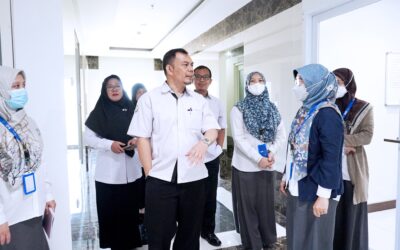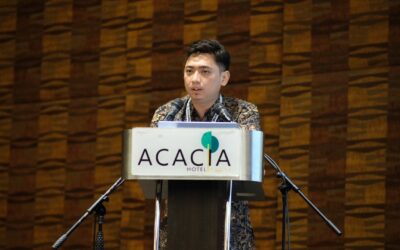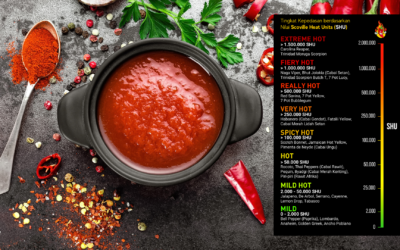Shelf Life Test
– Allergen
– Amino Acids
– Antibiotics
– Antioxidants
– Contaminants
– Dioxins & PCBs
– Fatty Acid
– Fiber
– Food Colorants
– Food Preservatives
– GMO & Molecular Biology
– Heavy Metal
– Microbiology
– Mineral & Other Elements
– Mycotoxins
– Organic Acids
– Pesticides Residues
– Proximate Analysis
– Shelf Life Test
– Solvent Residues
– Sugar & Sweeteners
– Vitamins
Shelf life is defined as the period of time under defined conditions of storage, after manufacture or packing, for which a food product will remain safe and be fit for use. In other words, during this period, it should retain its desired sensory, chemical, physical, functional or microbiological characteristics and, where appropriate, comply with any label declaration of nutritional information when stored according to the recommended conditions.
How SIG can help
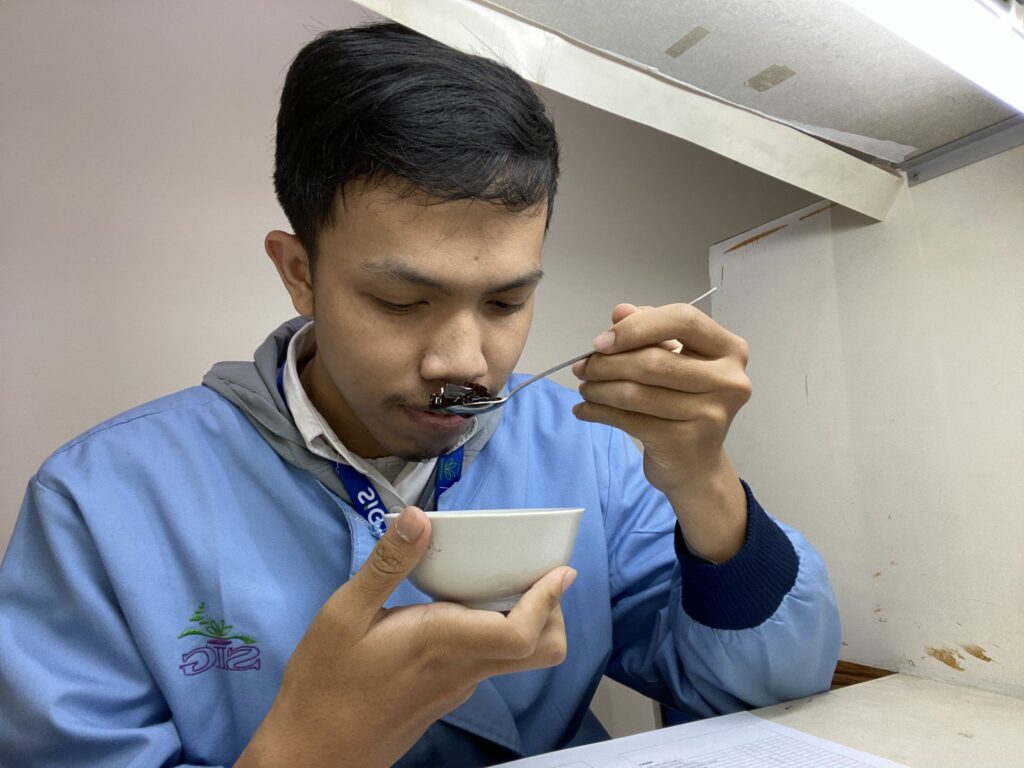
SIG Laboratory can help you determine the shelf life of “ready-to-market” products using a conventional method or accelerated shelf-life test (ASLT). ASLT is used to shorten the time required to estimate a shelf life which otherwise can take an unrealistically long time to determine by a conventional method.
The most common form of accelerated shelf-life determination therefore relies on storing food at an elevated temperature (Arrhenius method) or seen from the value of the critical moisture content of the product at variations in the humidity of environmental conditions under atmospheric pressure (the isothermal absorption curve equation model approach / Labuza method)
Method Analysis
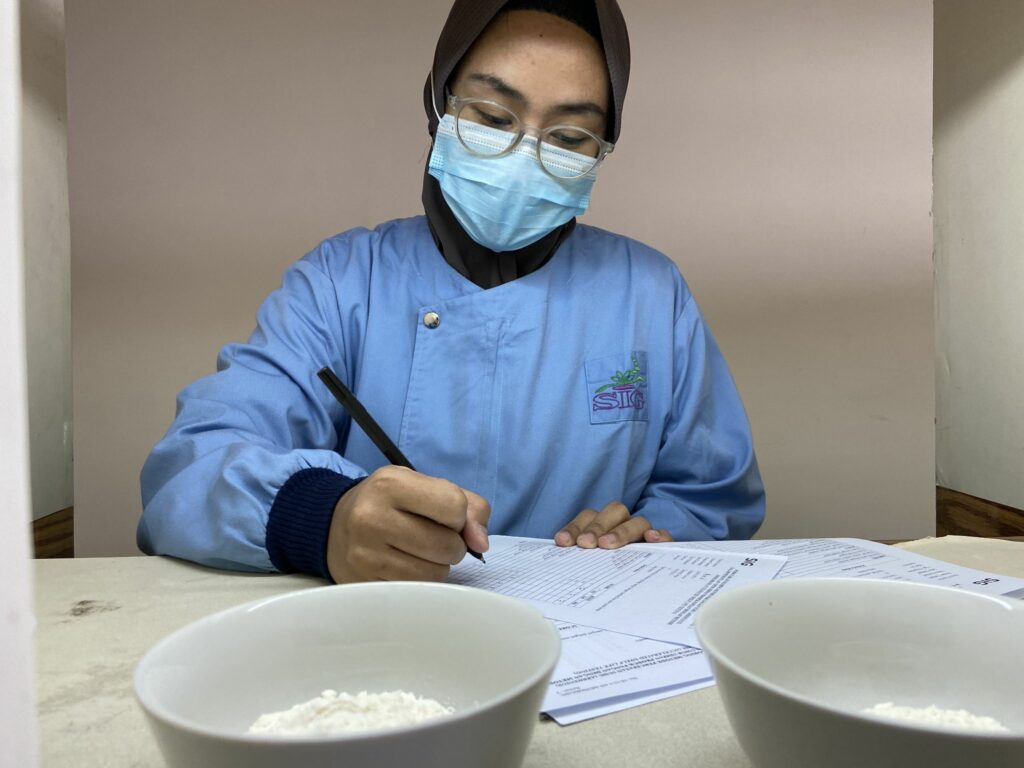
We offer a test method for estimating the shelf life of your products using conventional techniques as well as ASLT techniques.
ASLT techniques
- Arrhenius Method
- Labuza Method
SIG Laboratory is also very open to discussing with you in the process of determining which the best methods to be suitable for use in testing the estimated shelf life of your product.
Library of Knowledge
Verification Visit by the Indonesian Agency of Fish Quarantine, Quality Control, and Safety of Fishery Products (BKIPM) at SIG
SIG as a laboratory that conducts fishery products testing received a visit from the Indonesian Agency of Fish Quarantine, Quality Control, and Safety of Fishery Products (BKIPM) on May 31st, 2023, at SIG Central Lab located at Jl. Rasamala No. 20 Bogor City.This...
SIG successfully explained the importance of Sulfuryl Fluoride (SF) analysis at the Asia Pacific Food Analysis Forum (APFAN) 2023
On Wednesday 24 May 2023, SIG through its representative, Insan Patria as the supervisor of the research division, had the opportunity to present about the importance of conducting Sulfuryl Fluoride (SF) tests on rice in the Asia Pacific Food Analysis Forum (APFAN)...
Prove it Spicy by Scoville Heat Units Test!
CapsaicinoidsCapsaicinoids are the chemical components in capsicum that give the sensation of a spicy taste. The most common and most abundant capsaicinoid in hot peppers is capsaicin. In the food industry, capsaicin content is often used as added value in products as...
SIG Laboratory
Graha SIG, Jl Rasamala No. 20, Taman Yasmin, Bogor, Jawa Barat 16113.
Phone. +62 251 7532 348
WhatsApp. +62 82 111 516 516
Email. marketing-sig@saraswanti.com
SIG Jakarta
Jl. Percetakan Negara No. 52 B RT 006 / RW 001, Rawasari, Cempaka Putih, Jakarta Pusat 10570.
Phone. +62 21 2147 9292
SIG Surabaya
AMG Tower, 12th Floor, Jl. Dukuh Menanggal 1-A, Gayungan, Surabaya, Jawa Timur, 60234.
Phone. +62 31 8253 1288
WhatsApp. +62 818 885 165
Email. marketing@sigsurabaya.com
SIG Semarang
Jl. Kanfer Raya Blok R No. 4 Pedalangan, Kec. Banyumanik, Kota Semarang, Jawa Tengah 50268.
Phone. +62 24 7004 0541
WhatsApp. +62 812 9000 5165
Email. cs.sigsmg@saraswanti.com
SIG Medan
Jl. Bunga Asoka, Ruko Komp. Asoka Raya Residance No. 1, Medan Selayang, Sumatera Utara 20133,
WhatsApp. +62 822 7207 9665
Email. salesmedan.sig@saraswanti.com
SIG Yogyakarta
WhatsApp. +62 896 4856 9422
Email. arifin.sig@saraswanti.com
Operational Hours
Monday to Friday
08.00 - 17.00 WIB.

FOLLOW US

